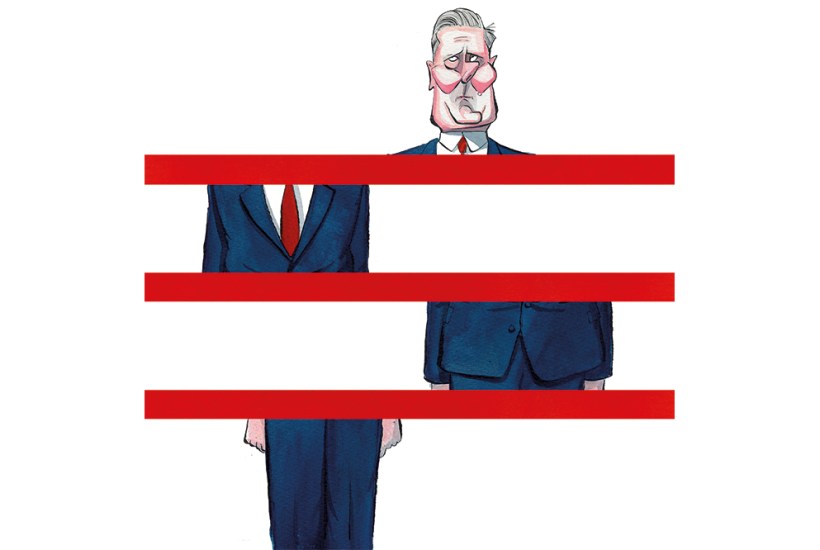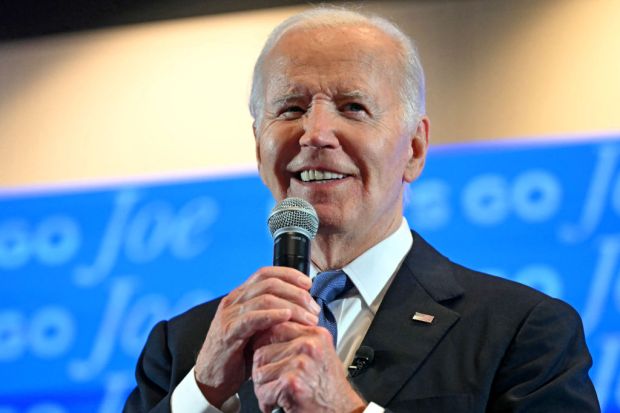Members of Labour’s frontbench have recently fallen over themselves to acclaim Margaret Thatcher. Hot on the heels of Rachel Reeves feting the Iron Lady’s determination to reverse Britain’s decline, David Lammy lauded the woman who defeated his party three times as a ‘visionary leader’. But like Mark Antony’s attitude to Julius Caesar, Reeves and Lammy come to bury Thatcher rather than to praise her.
Already a subscriber? Log in
Subscribe for just $2 a week
Try a month of The Spectator Australia absolutely free and without commitment. Not only that but – if you choose to continue – you’ll pay just $2 a week for your first year.
- Unlimited access to spectator.com.au and app
- The weekly edition on the Spectator Australia app
- Spectator podcasts and newsletters
- Full access to spectator.co.uk
Or



















Comments
Don't miss out
Join the conversation with other Spectator Australia readers. Subscribe to leave a comment.
SUBSCRIBEAlready a subscriber? Log in